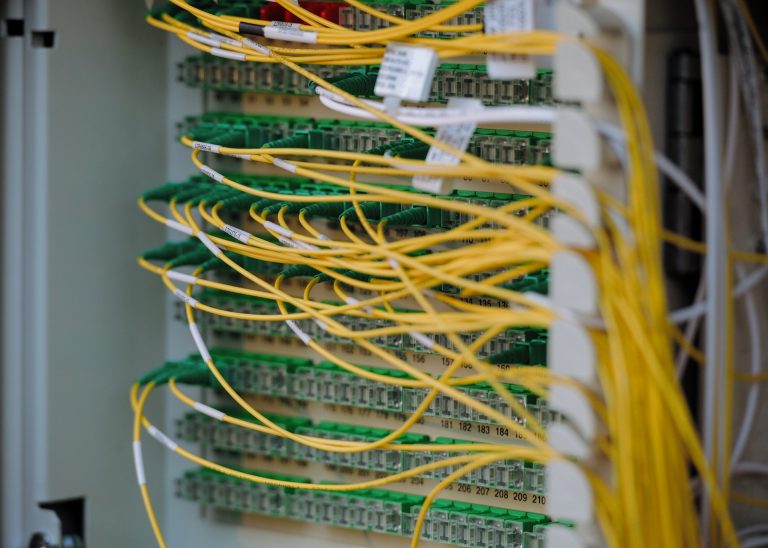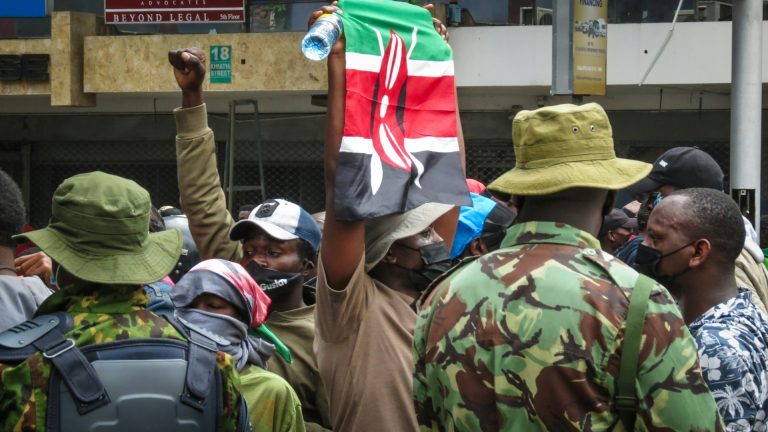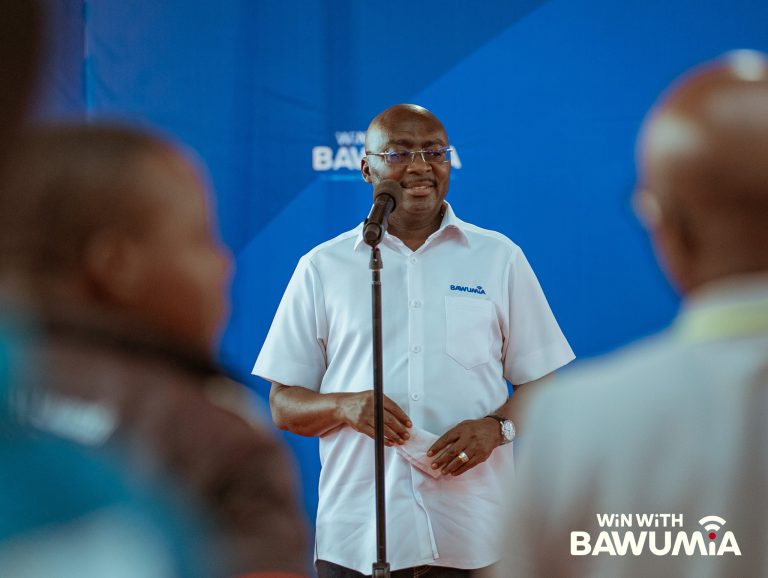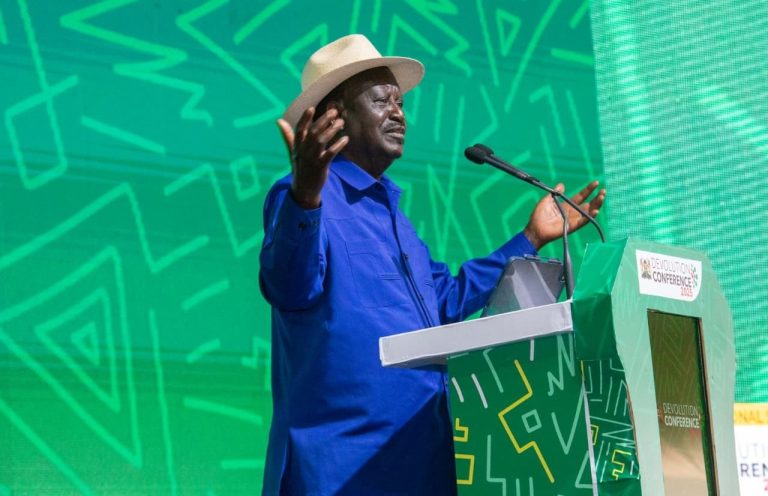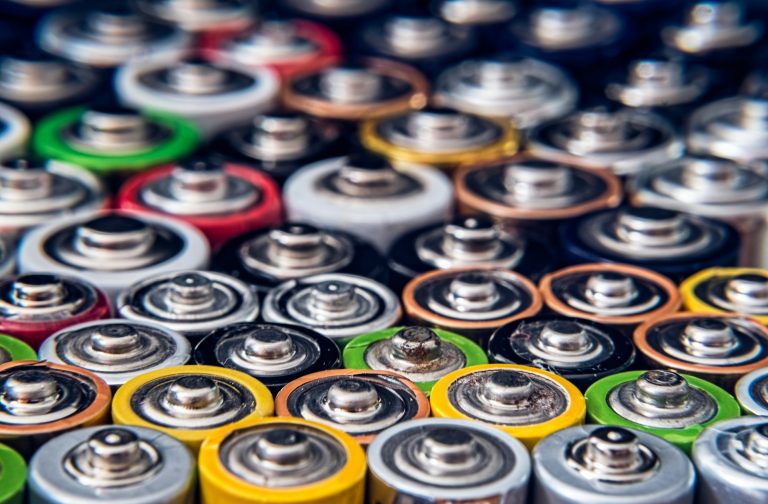- Congo returns to global bond markets after nearly two decades
- $670mn Eurobond sale marks confidence in fiscal recovery.
BRAZZAVILLE, CONGO – The Republic of Congo has re-entered international capital markets for the first time in almost 20 years, issuing $670 million in Eurobonds – a landmark deal that underscores the country’s fiscal recovery.
The seven-year bonds, carrying a 9.875% coupon and maturing in November 2032, were arranged by Citigroup Inc. and listed on the London Stock Exchange, the Ministry of Finance said. The proceeds will refinance domestic obligations maturing between November 2025 and February 2026 as part of what officials described as an “active public debt management strategy.”
Finance Minister Christian Yoka, who assumed office earlier this year, said the transaction “signals credibility and confidence” in Congo’s economic reforms. “We are building the foundations of a stable, transparent, and ambitious economy,” Yoka said.
Fiscal turnaround after years of turmoil
The sale represents a symbolic comeback for the oil-dependent nation, which last tapped global investors in 2007. Since then, Congo’s finances have suffered from a decade of volatility marked by collapsing oil prices, opaque borrowing, and a 2020 debt restructuring that temporarily shut it out of international markets.
IMF data show Congo’s public debt-to-GDP ratio fell to 93.5% in 2024, down from 96% a year earlier, and is projected to drop further to 63% by 2029 if reforms remain on track. The Fund currently deems the country’s debt “sustainable but in distress,” citing temporary arrears and domestic refinancing pressures.
Economic growth is gaining traction, with the IMF forecasting real GDP to expand 3.7% in 2025, buoyed by non-oil sectors including agriculture, telecommunications, and energy. Inflation, at 3.9% in 2024, is expected to align with the CEMAC regional target of 3%.
Congo’s fiscal consolidation has exceeded expectations. The non-oil primary deficit narrowed to 8.4% of non-oil GDP in 2023 — an improvement of over seven percentage points from the previous year. The government has introduced a Treasury Single Account, enhanced debt transparency, and reprofiled CFAF 915 billion (about $1.5 billion) in domestic Treasury bills.
Debt ratings and reforms
Fitch Ratings and S&P Global Ratings both assign Congo’s debt a CCC+ grade, indicating continued credit risk but acknowledging steady progress under IMF guidance.
Fuel subsidy reform remains a cornerstone of fiscal adjustment. According to IMF data, subsidies accounted for 4.5% of GDP in 2022 – exceeding total health spending – but fell to 2.5% in 2023. Ongoing measures to liberalise diesel and aviation fuel prices, end the SNPC import monopoly, and apply VAT at the pump could generate savings of about 1% of GDP annually.
The Eurobond issue aligns with a broader wave of African countries – including Nigeria and Kenya – preparing to re-enter global markets amid easing global yields and renewed investor appetite for frontier-market debt.
Still, Congo faces vulnerabilities. The IMF projects a current-account deficit of 5.2% of GDP in 2025, reflecting weaker oil prices and the economy’s dependence on hydrocarbons, which account for roughly 80% of export revenues.
“Our objective is sustainability, not just access,” Yoka said. “We will continue to anchor debt reduction through fiscal prudence and stronger domestic revenue collection.”



